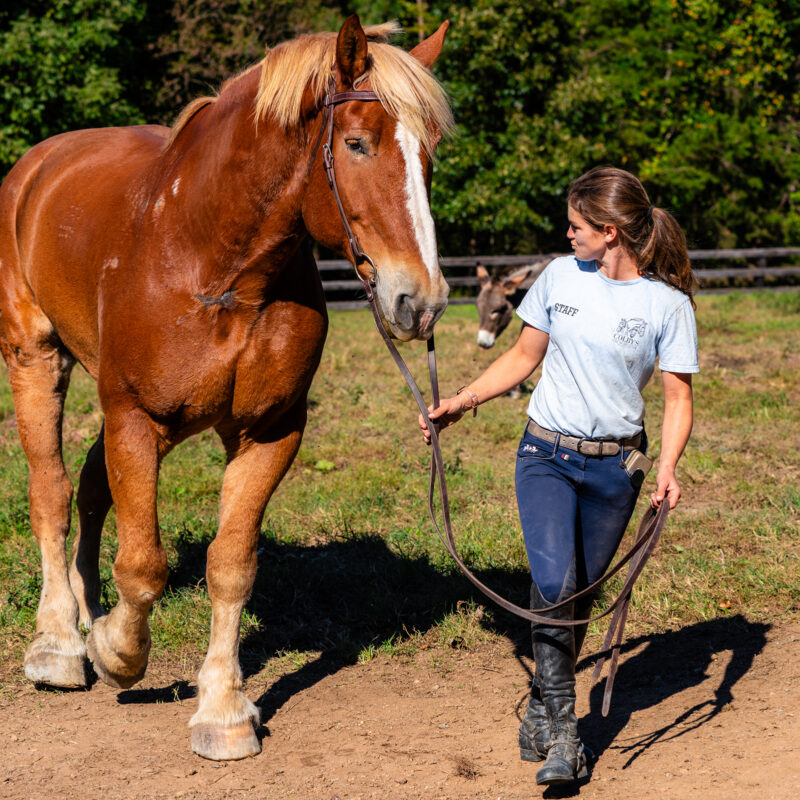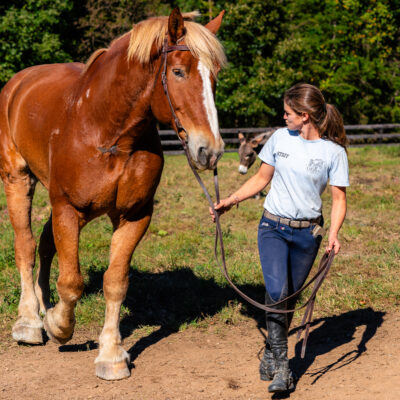Humans have hunted for magical love potions for thousands of years—to the extent that the black rhinoceros, whose horn bends up like an erect penis, is almost extinct. Tigers are another endangered species, since their penises—believed to possess extraordinary virility—are a hot trade object in some cultures.
Aphrodisiacs are named after Aphrodite, Greek goddess of love. Besides animal parts, they can be foods, drinks, herbs, powders, and tinctures that are believed to enhance sex and sexual desire. Some of the edible aphrodisiacs have a shape (oyster, avocado, banana, carrot, asparagus) reminiscent of human genitals. Others have a sexy texture (mango, passion fruit), or are sweet and juicy (strawberries) just as sex can be. Chocolate makes you feel good, not just because of its taste but also because it contains serotonin and phenylethylamine, two chemicals that evoke the feeling of pleasure in the brain.
 |
Do aphrodisiacs really work? It depends on what “work” means. That one of them at least has an effect on blood vessels, I have witnessed with my own eyes. No, not as you might think in the bedroom, but in a research lab under a microscope. Put a drop of yohimbine on a system of blood vessels and powerful things happen. Yohimbine, derived from the bark of the West African evergreen Corynanthe yohimbe, has been a popular sexual enhancer for centuries, but whether it really has much effect on libido and sexual performance is questionable.
And Spanish Fly, which is ground-up beetle, also works—so well that it can kill you. If you take just a little short of the lethal dose it causes a burning and swelling sensation in the urinary tract, which may appear as sexual stimulation. No, I do not recommend it. Better to stay with chocolate.
Actually, Spanish Fly is a good example of the fact that just because something is natural, it isn’t necessarily safe to ingest. Herbal and natural products are usually not FDA-approved and you always need to use caution when taking them.
Traditional Chinese medicine and Native Americans have used ginseng for its reproductive powers for centuries. Once you start looking, you find more purported aphrodisiacs than I can cover here.
It’s quicker to give you a rundown of which products don’t work. Over the last few years there have been massive advertising campaigns for magic pills, such as Avlimil, that claim to enhance sexual desire. In my professional experience, it is cheaper and just as effective to take a sugar pill (placebo effect). These products usually do not work.
To this day, the only oral product that has been scientifically proven, in a double-blind placebo-controlled study, to increase sexual desire and satisfaction, is ArginMax. It contains L-arginine, Korean ginseng, Ginkgo biloba, and Damiana, which all are considered aphrodisiacs.
Sexologist, author, and gourmet cook Linda De Villers is currently working on a book of great recipes for sex (see loveskills.com for more information). I asked her what she would recommend for a springtime appetizer that will put you and your lover in the mood for sex. Without hesitation, this is what she said:
“Take one ripe avocado and split it in half. Take out the seed and fill in your choice of seafood mixture. Sprinkle a little lemon juice, salt and pepper on top. Voilà!”
Avocados have a huge reputation as aphrodisiacs (and so has seafood, even though oysters will not work well in this particular recipe). According to De Villers, their shape alludes to both male and female erotic structures. In fact, the Aztec word for avocado is ahuaccati, which means testicle. They are voluptuous in both shape and texture. So there you go. With this kind of appetizer you may want to skip dinner completely and move straight for the dessert—your honey.
Annette Owens, MD, Ph.D., is certified by the American Association of Sexuality Educators, Counselors, and Therapists. She sees clients in her Charlottesville office (cvillewellness.com) and answers questions online at LoveandHealth.info and Sexual Health.com. She has co-edited the new four-volume book, Sexual Health (Praeger).





